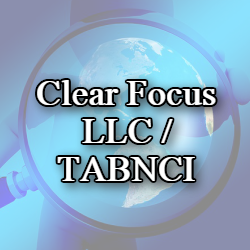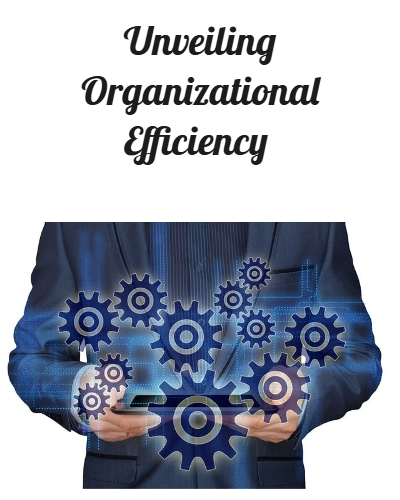Inefficiency in organizations can hinder productivity and demotivate employees, making it essential to streamline processes and reduce friction. This article delves into strategies to improve organizational efficiency, backed by industry insights and expert recommendations.
Understanding Inefficiency
Inefficiency, often caused by unproductive routines, corporate bureaucracy, and outdated operating models, leads to wasted resources and disengaged employees. Identifying and addressing these inefficiencies is crucial for organizational success.
Strategies for Reducing Friction
-
- Process Improvement through Lean Six Sigma
Lean Six Sigma combines Lean’s focus on reducing waste with Six Sigma’s emphasis on reducing defects. This methodology promotes a customer-centric approach, streamlining processes by removing non-value-added activities and enhancing workflow efficiency.
Implementing Lean Six Sigma involves:
-
-
- Cross-Functional Teams: Engaging employees from different departments for comprehensive problem-solving.
- Training: Investing in Lean Six Sigma training to equip employees with the necessary skills.
- Documentation: Keeping detailed records of progress for knowledge sharing and future reference.
- Celebrating Success: Recognizing team achievements to foster a culture of continuous improvement.
-
-
- Evaluating and Improving Business Processes
Conduct a thorough evaluation of business processes to identify inefficiencies. This can be achieved by:
-
-
- Holistic Assessment: Reviewing processes across departments rather than in isolation to ensure cohesive improvement.
- Centralized Systems: Reducing the number of disparate systems and manual processes to streamline operations.
- Change Management: Implementing structured change management plans to ensure smooth transitions and employee buy-in.
-
-
- Effective Use of Technology
Leveraging technology can significantly enhance efficiency:
-
-
- Automation: Automating repetitive tasks to reduce manual labor and increase accuracy.
- Centralized Management: Using platforms to centralize software administration, reducing logistical challenges and costs associated with multiple tools.
- Data Analytics: Utilizing analytics to gain insights into performance metrics, helping to identify and address inefficiencies.
-
-
- Strategic Budgeting and Resource Allocation
Reviewing and realigning budgets to eliminate wasteful spending is essential. This includes:
-
-
- Expense Review: Carefully examining expenses to identify and cut unnecessary costs.
- Prioritizing Investments: Allocating resources to areas with the highest potential for growth and impact.
- Transparent Communication: Ensuring transparent communication about budget changes to gain employee understanding and support.
-
-
- Employee Engagement and Development
Engaged and motivated employees are crucial for efficiency. Strategies include:
-
-
- Training and Development Programs: Investing in employee development to enhance skills and job satisfaction.
- Performance Management: Implementing performance management systems to assess and improve employee productivity.
- Leadership Effectiveness: Promoting effective leadership to support and motivate teams.
-
Practical Tips for Implementation
-
- Set Clear Goals: Define specific, measurable goals for efficiency improvements.
- Involve Employees: Engage employees at all levels in the process improvement initiatives to gain valuable insights and foster ownership.
- Monitor Progress: Regularly track progress using key performance indicators (KPIs) and adjust strategies as needed.
- Communicate Effectively: Maintain open lines of communication to keep everyone informed and aligned with organizational goals.
Conclusion
Reducing friction in an organization requires a comprehensive approach involving process improvements, strategic use of technology, effective resource management, and strong employee engagement. By implementing these strategies, organizations can enhance efficiency, boost productivity, and achieve long-term success.
We would love to hear your comments or questions. Contact us today!
Gary Brunson
gary@myclearfocus.com
Debra Rider
debra@myclearfocus.com
574.361.2674
Sustainable Growth & Profit Consultant, Coach, Mentor, and Counselor/Therapist for Business Owners and Professionals.


